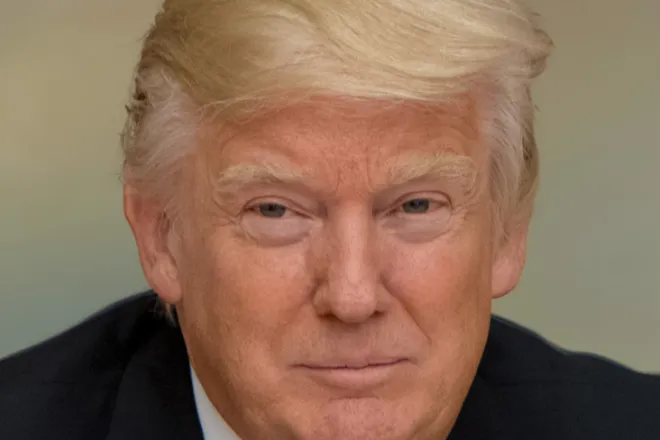
U.S. House passes federal minimum wage hike proposal; Senate unlikely to follow
© iStock - Mamphotography
By Bethany Blankley | The Center Square
U.S. House Democrats passed the Raise the Wage Act Thursday, which would incrementally increase the federal minimum wage of $7.25 per hour to $15 per hour by 2025.
The 231-199 vote was mostly along party lines with Democrats in support. It is unlikely to pass the Republican-controlled Senate, however.
The Teamsters Union, which represents 1.4 million workers, praised the vote.
"This legislation will take steps to make today's economy fairer for those who toil daily to keep it going,” Teamsters president Jim Hoffa said in a news release. “No one who works hard and plays by the rules should live in poverty. Much is said about valuing work and respecting working. If Congress is serious about that, then the Senate will move quickly to enact this measure as well."
The vote comes after House Democrats voted last month to reinstate an annual cost-of-living increase to their base pay of $174,000, which had been frozen for a decade. Democrats argue they would now be earning $208,000 annually if their salary hadn’t been frozen during the Great Recession.
“We need to make sure that people who work full-time are not in poverty,” Rep. Bobby Scott, D-VA, who sponsored the bill, said Thursday.
Their proposal to hike the minimum wage is roughly double the inflation-adjusted historic federal minimum wage, the Economic Policy Institute (EPI) says.
The Congressional Budget Office (CBO) projects a $15 federal minimum wage will cost between 1.3 million to 3.7 million jobs as businesses try to offset the increased costs, creating a net reduction of family income of $9 billion.
“Think about that, that’s the entire state of Oklahoma losing their job,” Minority Whip Steve Scalise, R-La., said on Capitol Hill last week. “The CBO report that came out should be alarming to everybody in America who believes in trying to become part of the middle class.”
For every worker who received an increased wage, three would lose their jobs, the CBO said.
“House Democrats showed that they put party politics over jobs by voting for an unprecedented wage mandate which even the non-partisan Congressional Budget Office shows could eliminate up to 3.7 million jobs,” EPI’s communications director, Samantha Summers, told The Center Square. “This bill will only hurt those it is intended to help by killing jobs and forcing businesses to close.”
Instead, lawmakers should have listened to economic experts, restaurant workers and the CBO, Summers says.
“Good intentions are no excuse for imposing bad policy,” Rachel Greszler at the Washington, D.C.-based Heritage Foundation, said in a statement. The bill “is a misguided attempt to increase incomes. In reality, it will eliminate jobs and decrease incomes for workers with the fewest skills and least experience.”
According to a new JCN/ScottRasmussen.com poll, 54 percent of respondents oppose raising the federal minimum wage. Both the Washington Post and the LA Times editorial boards also expressed concern about the hike.
The National Conference of State Legislators reports that 29 states and the District of Columbia have minimum wages above the federal minimum wage of $7.25 per hour.
The first minimum wage of 25 cents an hour went into effect on October 24, 1938.
















